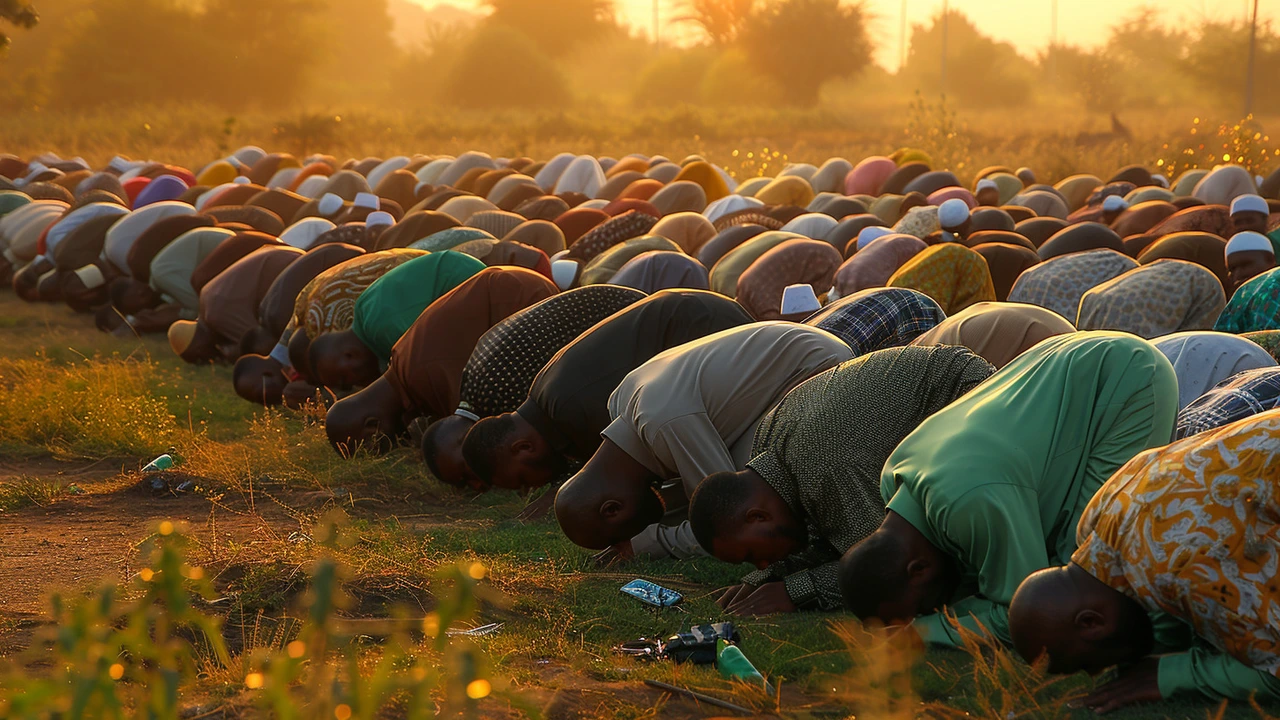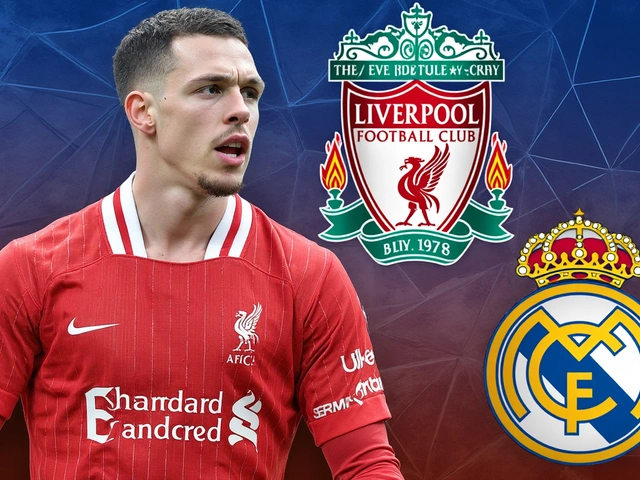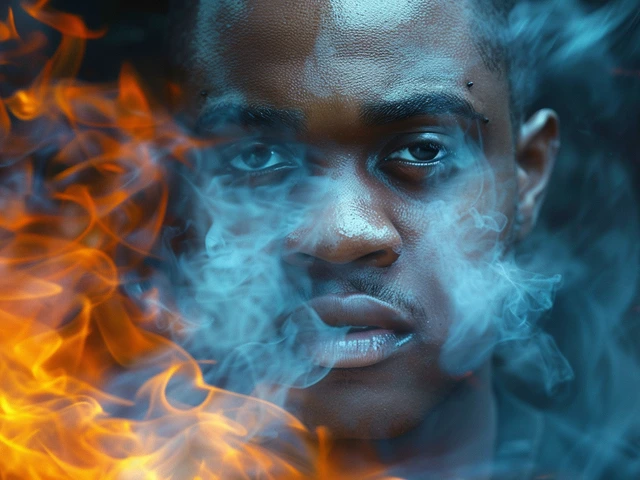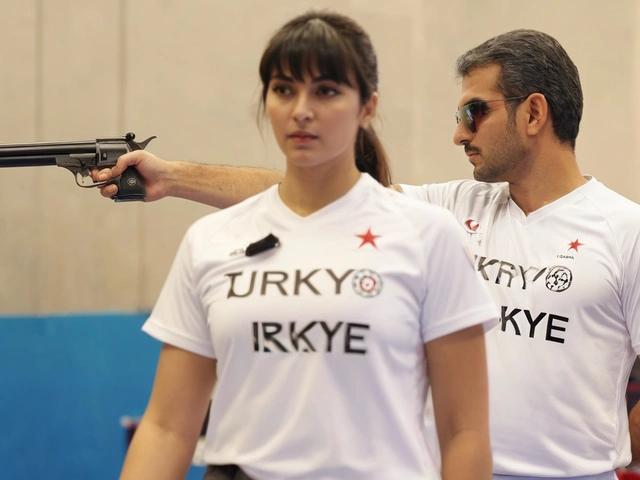Eid-el-Kabir: What It Is and Why It Matters
If you've ever heard about Eid-el-Kabir and wondered what makes this festival so important to Muslims around the world, you’re not alone. Also called Eid al-Adha or the Festival of Sacrifice, Eid-el-Kabir is one of the biggest celebrations in the Islamic calendar. It honors the willingness of Prophet Ibrahim (Abraham) to sacrifice his son as an act of obedience to God. Thankfully, God provided a ram to be sacrificed instead, and this story shapes the tradition to this day.
Each year, millions come together to observe Eid-el-Kabir with prayers, gatherings, and meaningful acts of giving. It’s not just about the ritual sacrifice; it's about sharing, helping those in need, and reflecting on faith and commitment.
How Do People Celebrate Eid-el-Kabir?
Celebrations start with a special prayer at the mosque early in the morning. After prayers, families dress up and prepare a feast. One of the key traditions is the sacrifice of an animal, usually a sheep, goat, or cow. This sacrifice honors the story of Ibrahim and is a symbolic act done with great care and respect.
The meat from the sacrificed animal is divided into three parts: one third for the family, one third for friends and relatives, and the last third is given to people in need. This act of sharing ensures that even those less fortunate can experience the joy of the festival.
Besides the sacrifice, families and communities come together to enjoy festive meals, exchange gifts, and offer prayers of thanks. Children often get special treats and new clothes, making it a happy time for everyone.
Why Is Eid-el-Kabir Important Today?
Beyond the rituals, Eid-el-Kabir reminds Muslims about sacrifice, compassion, and community support. It calls on people to be grateful and generous. In many countries, it also reflects cultural pride and unity.
For many, Eid is a chance to pause, reconnect with faith, and step away from daily stresses. It’s a moment to think about what matters most – family, kindness, and faith. Whether you join in the celebrations or just want to understand, Eid-el-Kabir stands as a powerful symbol of devotion and care that resonates even beyond the Muslim world.
Next time you hear about Eid or see communities celebrating, remember it’s not just a festival but a deep tradition rooted in history and heartfelt values.






